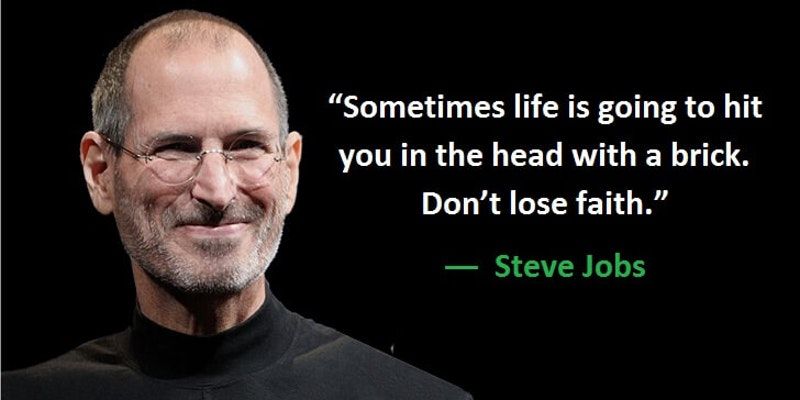

The six-million-dollar-woman – How I built a successful startup
Seven years into my marriage, I began a startup in Silicon Valley. Nine years into it, the IPO netted me over six million dollars.
My assets? I had a college degree, two small boys, and a loving, supportive husband. Oh yeah, and an idea I believed in – a lesson-recording device for teachers that followed whoever was speaking. It was simple and unexciting, but I knew it would sell because I know what good teachers want.Teachers don’t have money, but schools and universities do. Money is tight and ideas that can add value – bang for buck – to the classroom will sell. And the market is huge.
These are some lessons I learned in helping others learn theirs.
Make it a priority
First, make your startup a priority. Use every available minute to work on your idea. You’re going to work evenings and weekends, but you’ve got to find a way, to borrow from Kipling, to “fill the unforgiving minute with sixty seconds worth of distance run.”
I commuted to my day job at a mid-level software marketing company. That gave me hours a week to listen to audiobooks and lectures on business. My husband and I watched TED talks and programs on business in the evenings after putting the boys to bed. (That my husband was a product manager at another company didn’t hurt, either. The evening time was no sacrifice for him and it gave us yet another common interest that strengthened our relationship.) I turned my interest into an obsession.
These days, education is not about degrees or classes taken at brick-and-mortal schools. Especially in Silicon Valley, where entrepreneurs are looking for the unusual. They want creative talent that has taken a path outside the standard curriculum vitae of college and business school.
Minimize your time in traffic
Commuting is a huge waste of time. Moreover, it is exhausting. You need your brain to be fresh if you want to stay motivated and turn out quality work. I recommend that anyone seeking to optimize their available work time try to find a day job that is either close to where they live or allows them the chance to work from home. It is estimated that the average worker spends 200 hours each year driving to and from work. What else could you be doing with that time?
Borrow from others
Nothing today is an individual effort. Most ideas, even the original ones, come from the interaction of several brains. For my idea, I needed technology that interfaced with video recorders and motion sensors. I’m not sure I could have created what I needed myself, but I was sure someone else somewhere had. I spent wiser hours looking for what was out there that I needed rather than trying to figure out the details myself.
Be in a hurry
Time is of the essence. Good ideas will eventually be discovered and you have to get yours out there fast before someone else does. Creating goals and a timeline will help you combat the tendency to put things off. If you don’t do it now, it’s not going to ever get done.
Get help
I needed to find someone who had built startups before and who would believe in my idea as passionately as I did. And who perhaps had access to the investors I would need. For me, that meant networking with the parents of the kids my boys went to school with. I mean, hey! This is Silicon Valley. Everybody who isn’t doing a startup knows someone who is.





